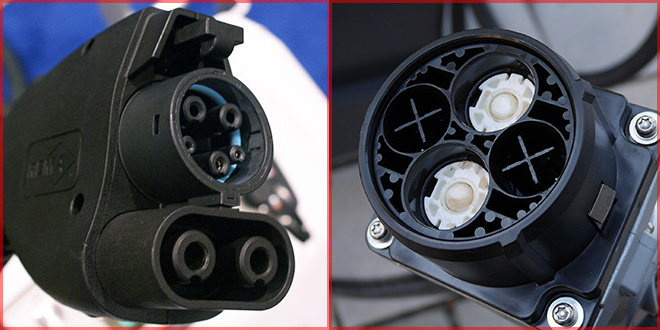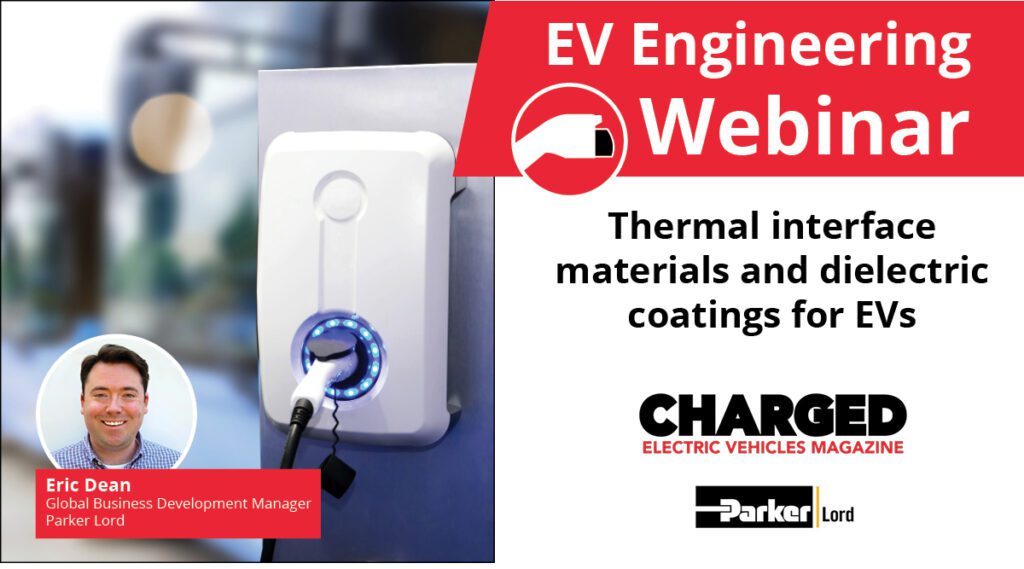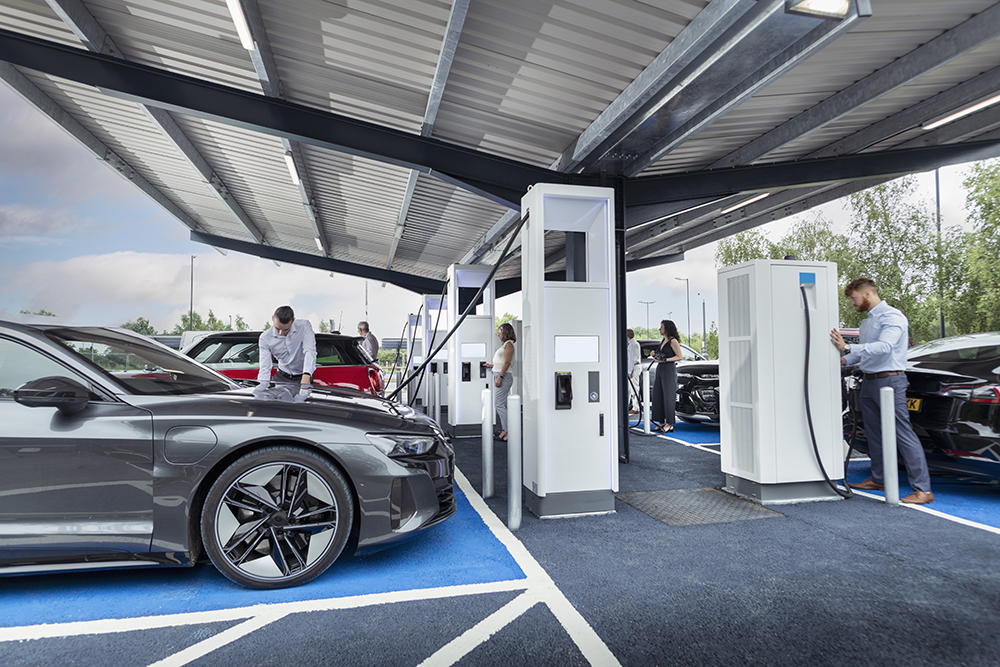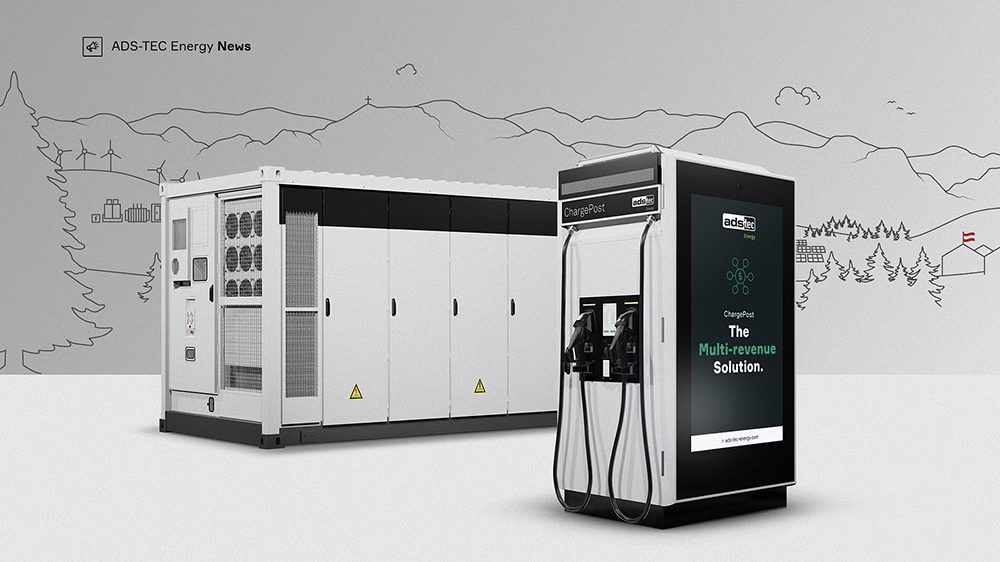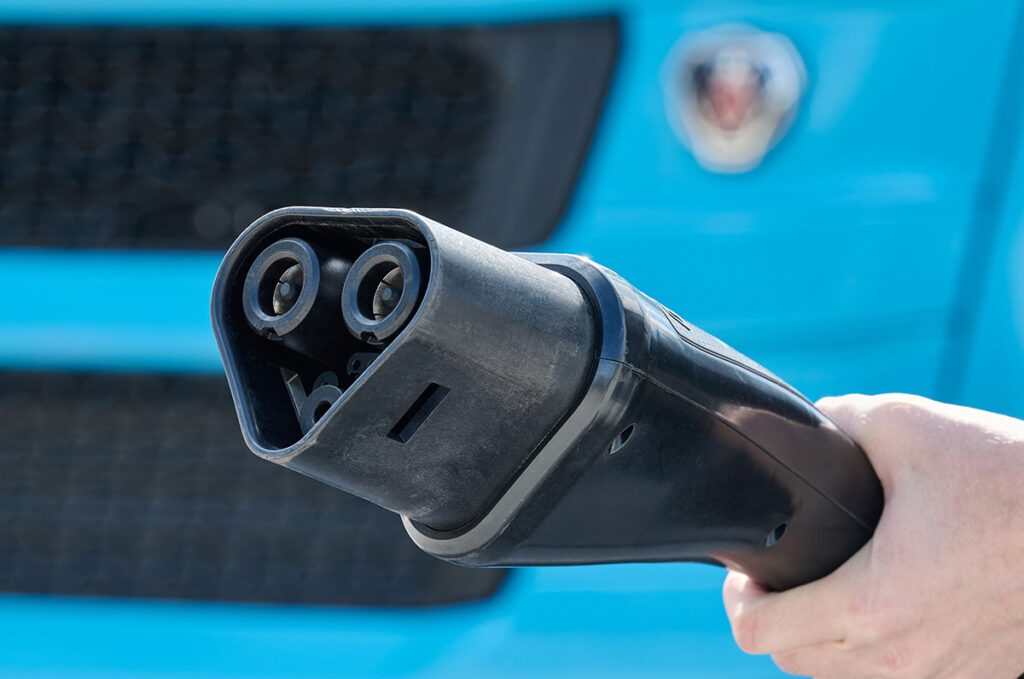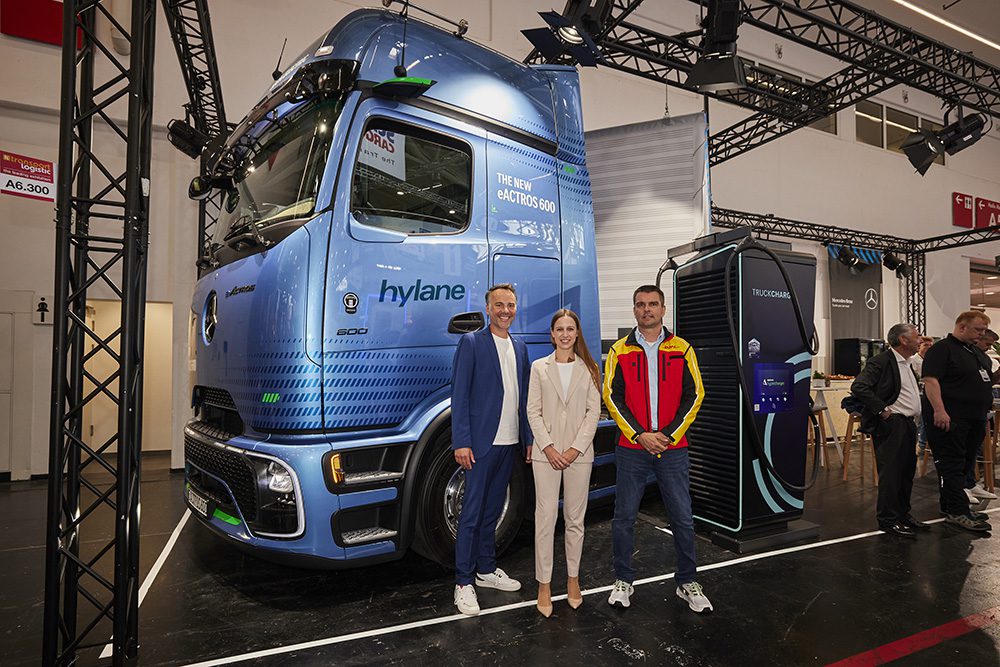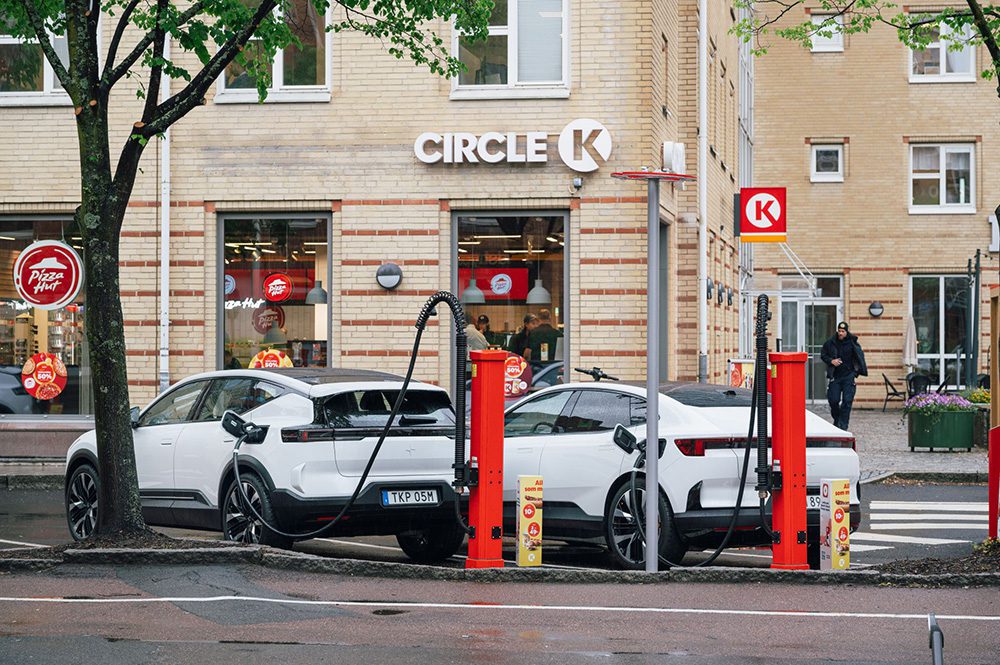Standards and certifications may seem less sexy than the latest sleek electric supercar, or controversy about emerging energy-storage technologies, but better standards and certifications, especially for DC Fast Charging, are critical.
A common DC Fast Charging certification process for interoperability is sorely needed but, in part because the big automakers have funded most of the fast charging infrastructure, and have been able to work out early interoperability issues with their cars, there hasn’t been a strong push for certifications. The absence of third-party tests to tightly-defined standards has left new EVSE manufacturers and vehicle builders serving niche markets to figure it out on their own.
Recently, the industry took a big step towards a resolution by forming an Institute of Electrical and Electronics Engineers (IEEE) working committee to develop a draft standard. IEEE P2030.1.1, a technical specification for DC Quick Charging, was approved in September.
The chairman of the P2030 working committee is Nissan’s Joseph Thompson. “One of the main benefits of having an IEEE standard is to formally recognize a proven technology,” Thompson told Charged. “You can have a de facto standard simply by the quantities of a product in a marketplace, but an IEEE standard is about gaining international acceptance formally and allowing easier access to the technical details. IEEE members are international and across all industries, not just automotive.”
IEEE P2030.1.1 includes technical specifications for both CHAdeMO and CCS charging systems. Thompson believes that it is detailed enough to be used as a basis for the certification process. The committee has compiled a comprehensive list of standards that should be considered when developing a charger, and added an annex about performance testing for the charging couplers with environmental screening. “Those plugs sit out in pretty tough environmental conditions, so we added a screening procedure for an equipment manufacturer to test their couplers’ reliability,” said Thompson. “That’s something new we’ve done that I haven’t seen in other standards.”
The next step towards eradicating future interoperability problems is working with product testing outfits like Intertek, TUV, and UL to offer a certification specifically for DC Fast Chargers using this common document. After that, it’s up to the marketplace to insist that chargers carry the certification.
The ideal is to have a single testable standard, so anyone can say, “As long as my vehicle design and your charger design can pass this standard certification test, they will work together.”
Source: IEEE






